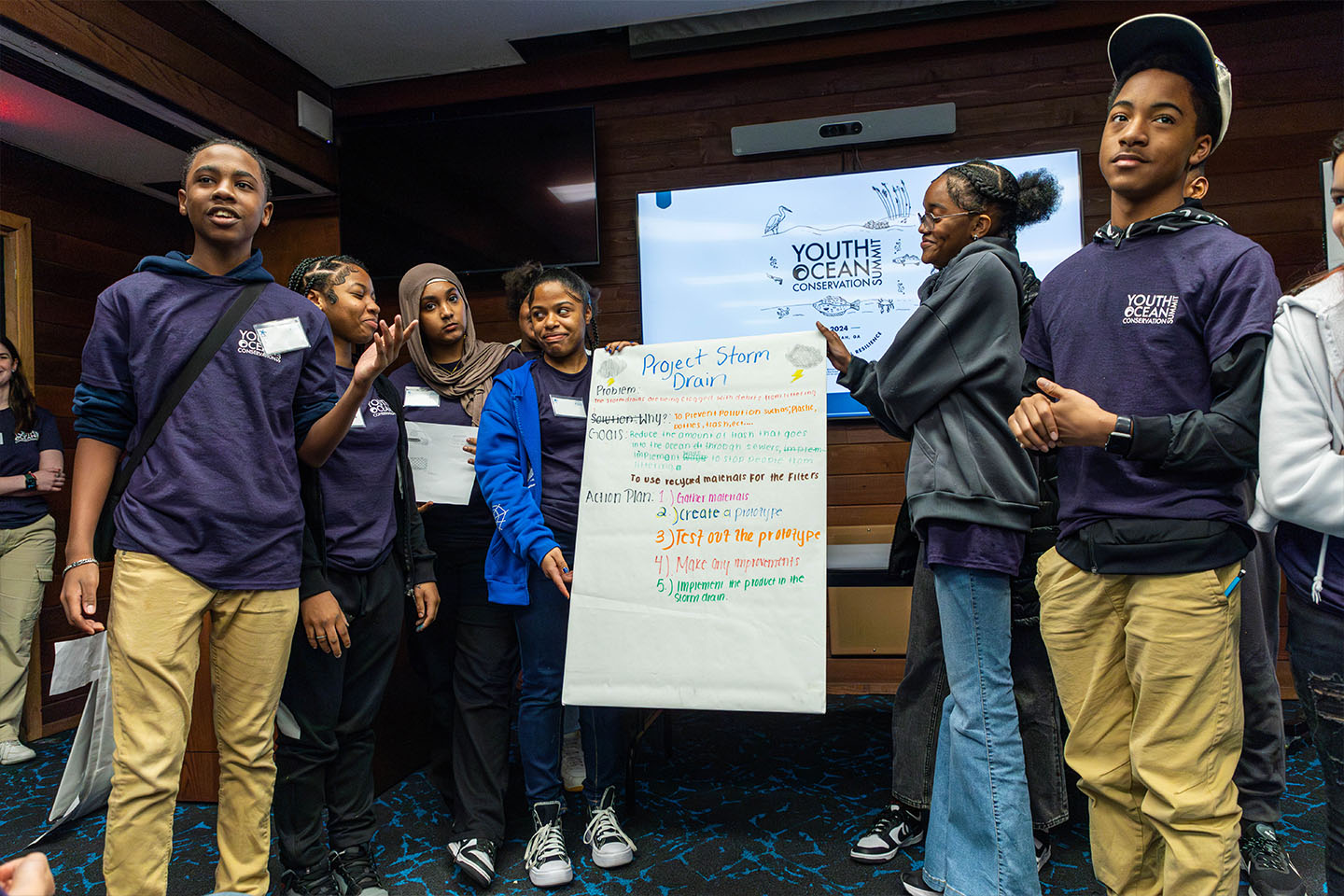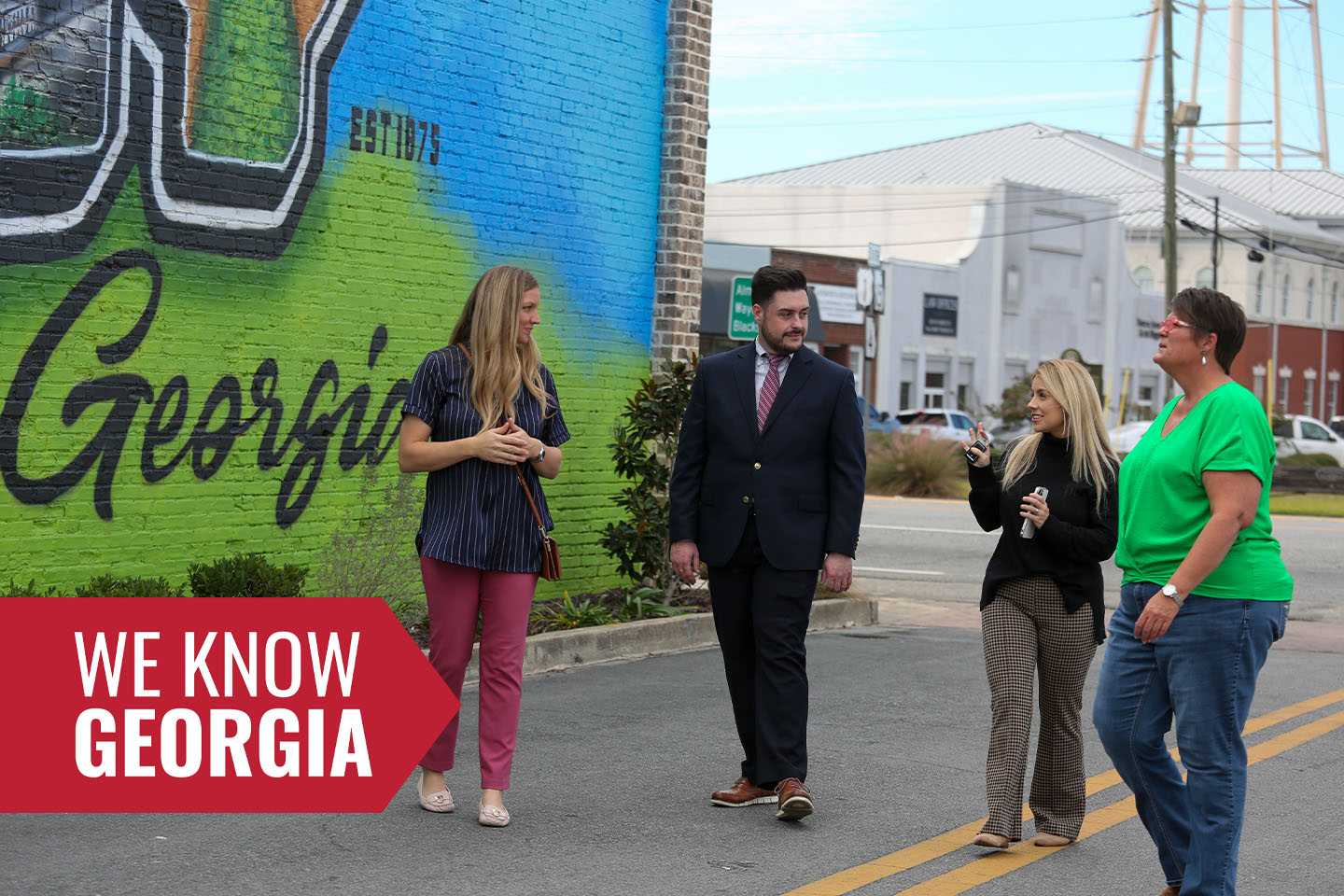MARIETTA — Cobb residents would lose out on tax refunds and pay more at the pump if state lawmakers adopt items on Kennesaw legislative wishlist.
The county legislative delegation will join the other 158 Georgia counties’ representatives and senators under the Gold Dome on Jan. 14 for a 40-day schedule, likely concluding in April. Before then, city and county governments are invited to share their legislative priorities with their local delegations.
Kennesaw’s agenda, mostly financial, includes a program to reclaim past-due amounts on government utility accounts and a proposal for higher gas taxes.
“These issues are not the only issues or priorities that the city has, but they are ones that we would like to be addressed,” Kennesaw City Manager Steve Kennedy said.
Kennesaw’s priorities are also among those in the 69-policy package supported by the Georgia Municipal Association, which advocates on behalf of city governments, and adopted in June by its 36-member board, which includes Marietta Mayor Steve Tumlin.
A debt set-off program would allow amounts owed on past-due government utility accounts like water or sanitation to be deducted from a debtor’s state income tax refunds.
“Governments would submit the debts owed to a central clearing house that would transmit the debts to the Department of Revenue’s income tax division for set-off against state income tax returns,” Kennedy said.
Debtors would receive notice of the situation in time to appeal the amounts or pay them before action on their tax refunds.
According to the GMA, this policy has been successful in North and South Carolina.
District 33 State Rep. David Wilkerson (D-Austell) said he is “open to hearing more details” of the proposal.
“Another concern would be the requirement that people would now have to deal with state government on a local billing issue,” he said. “If a private company is used to process the debt set-off, there would be need to safeguards in place to protect taxpayers’ personal information, such as their Social Security numbers.”
Following the failure of the multi-billion dollar TSPLOST, Kennesaw is asking for a program that would raise the price of gasoline with a higher gas tax for road maintenance and alternative transportation like bike paths and light rail.
“Both state and local government officials are concerned that current motor fuel tax revenues are not sufficient to maintain the state’s road system and to adequately fund local government transportation needs,” Kennedy said.
Currently, the tax consists of an excise, or consumption, tax of 7.5 cents per gallon, a motor use fuel tax of 3 percent and a general fund tax of 1 percent.
It raises about $1 million annually for roads and bridges, according to the Carl Vinson Institute of Government at the University of Georgia.
Kennedy said he did not know the amount of the proposed increase.
Other priorities include:
* Expanding home rule powers for local governments.
“We along with GMA are concerned with the continued erosion of home rule and any restrictions on the ability of municipalities to enact ordinances and enforce regulations to protect the health, safety and welfare of municipal residents,” Kennedy said. “Recent polling information indicates that citizens want local control of taxing ability, quality of life issues and public safety.”
* Creating a permanent, 1 percent municipal optional sales tax for “property tax relief, infrastructure improvements, the provision of municipal services or any combination thereof,” Kennedy said.
This action would remove the need for a homestead option sales tax “to help fund municipal property tax rollbacks and municipal operations,” he said.
* Tax equity, achieved under a proposed Service Delivery Strategy Act, would prevent citizens from paying twice for the same service by preventing counties from collecting taxes for services also provided by the cities, and
* Downtown investment tax credits for private-sector developers and redevelopment contractors to encourage economic development and a sense of community.
“Downtowns are the hearts of Georgia’s cities and our regional economies, and their health should be of utmost importance to state policy makers,” Kennedy said.
The city employs Marietta law firm Bentley, Bentley and Bentley and its attorneys Fred Bentley Jr., Randall Bentley, Jamie Wingler and Dan McClendon as lobbyists.
The cost of the service is a small portion of the city’s $269,200 legal budget, and is billed at under $115 an hour, according to city officials.
As reported in the Journal on Nov. 17, the city of Marietta’s priorities concern sales tax collection, hotel/motel taxes, outstanding parking tickets and representation on the Atlanta Regional Commission board.
Powder Springs and Smyrna are still working on their priorities, while Austell and Acworth don’t intend to submit any.



